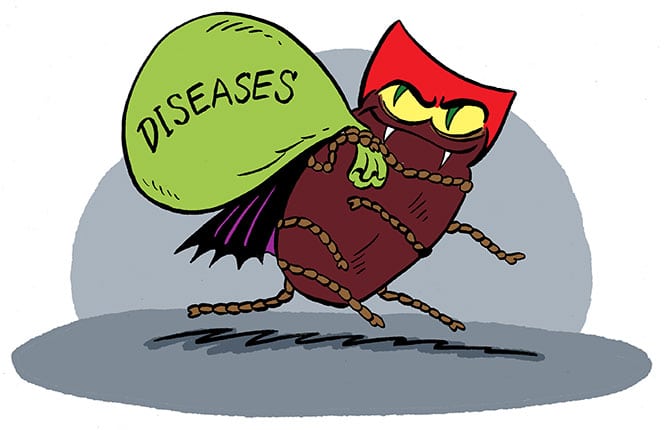
Delegate Reid’s Lyme Disease Bill Passed Out of Committee
February 3, 2022
David Reid’s (D-House District 32) Lyme disease bill (HB 850) Passed out of the Agriculture Chesapeake and Natural Resources Full Committee on February 2, 2022.
Delegate Reid has been interested in creating awareness about tick-borne diseases since he was elected to the Virginia House of Delegates in 2017. NatCapLyme has been working with Delegate Reid for nearly two years to help create a bill that would promote Lyme disease awareness and prevention in Virginia. That effort resulted in bill HB 850, which reads as the following:
§ 10.1-200.01. Lyme disease signage.
A. The Department shall develop and post in each state park and interstate park signage addressing the appropriate steps a visitor can take to prevent tick bites, how to identify Lyme disease, and where to seek treatment.
B. The Department shall install such signage first in those areas in the Commonwealth that have been identified as most susceptible to Lyme disease and shall complete the installation of such signage in all state parks and interstate parks by January 1, 2028.
C. Until it completes the installation of all such signage, the Department shall report its progress annually to the House Committee on Agriculture, Chesapeake and Natural Resources and the Senate Committee on Agriculture, Conservation and Natural Resources.
§ 22.1-206.1. Lyme disease; instructional resources and materials.
The Secretary of Education, in collaboration with the Secretary of Health and Human Resources and the Secretary of Natural Resources, shall develop instructional resources and materials to assist school boards and local and regional public libraries in establishing an education and awareness program to protect children from Lyme disease and other tick-borne infections. Such instructional resources and materials (i) shall be appropriate for individuals of school age; (ii) shall provide information on the identification of ticks, recommended procedures for safe tick removal, and best practices to provide protection from ticks; (iii) may include video productions, pamphlets, and demonstration programs to illustrate the sizes of various ticks, including sizes before and after each variety has become engorged, to assist with the identification of a tick and the reaction on the skin that may result from a tick bite; and (iv) shall be made available to school boards and local and regional public libraries upon request at no charge.
Delegate Reid posted the following about the bill on his Facebook:
“Grateful for the bipartisan support to educate children and families on the early signs of Lyme disease. This tick-borne illness affects the lives of many Loudoun and Virginia families. In partnership with NatCapLyme, HB 850’s public health measures will help keep our communities and state healthy.”
NatCapLyme is truly grateful to Delegate Reid for his commitment to the Lyme community and all Virginians to help reduce the incidence of Lyme disease in the Commonwealth so that our state will be a safer and better place to live.




